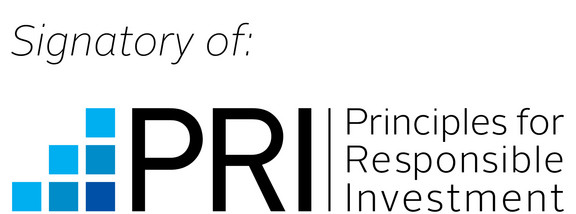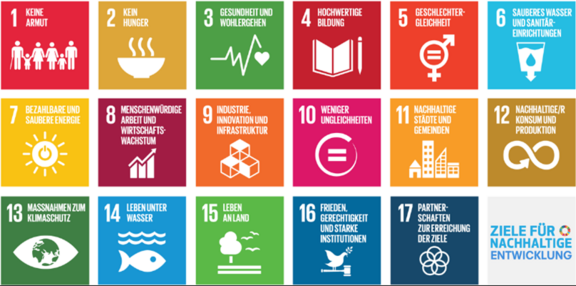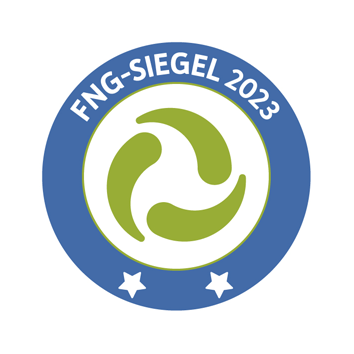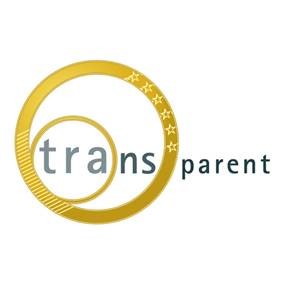Sustainability – has been an important issue for ACATIS for decades
ACATIS has had an interest in sustainability for many years. In 2007/2008, we combined sustainability (Fair) and Value under the name “ACATIS Fair Value” together with the Swiss firm ACATIS Fair Value Investment AG, which is based in Walzenhausen, Switzerland. Managing Director and initiator Rainer Unterstaller is responsible for selecting companies based on sustainable and ethical aspects. This combination has proved to be a strong unique selling point and in the past delivered higher returns than individually applied strategies (over longer time periods). Our sustainability funds show: Sustainability is not a hobby, but rather can become a real performance criterion.
Initially, the globally-investing equity fund (ACATIS Fair Value Aktien Global, ISIN I0017502381) and a balanced fund (ACATIS Fair Value Modulor Vermögensverwaltungsfonds, ISIN LU0278152516) were converted to sustainability. The newest sustainable addition is our German equities fund (ACATIS Aktien Deutschland, ISIN LU0158903558), which was converted into a sustainable fund at the end of July 2020. We also manage special mandates with sustainable companies, and we are also an investment advisor for PRIMA Global Challenges, an index-tracking globally-investing equity fund.
What is Fair - how do we define sustainability?
This part is the responsibility of ACATIS Fair Value Investment AG. It selects companies according to sustainable and ethical aspects, the ACATIS Fair Value sustainability criteria. It supplies the investable stock universe that it defines together with Hanover-based rating firm Imug/ Vigeo-EIRIS, and which it approves through an independent sustainability advisory board (the “conscience” for the funds).
The criteria were developed together with our clients. They are continuously monitored and reviewed. In summary: Those companies that meet and comply with high standards regarding business, social, ethical and ecological criteria are selected. In more detail: We filter and assess based on a points system.
- First, companies that breach our exclusion criteria are filtered out over several steps: Companies that e.g. breach the criteria for child labour (also in their supply chains), or companies involved in strategic armaments and weapons, embryonic stem cell research, green genetic engineering, corruption and financial fraud or companies that generate oil from tar sands and shale are removed. The criterion “companies excluded from the Norwegian sovereign wealth fund” has also been added.
- Also excluded are companies that generate more than 5% of their sales revenues from e.g. alcohol, nuclear energy, gambling, pornography, armaments, tobacco and weapons.
- Only companies with a positive ESG point score of more than 15 points for environment, social issues and governance remain in the sustainability process.
- Especially positive companies that generate their sales revenues with products or services that contribute to achieving the sustainable development goals (SDGs) are subsequently filtered out.
- The sustainability rating for countries, supranational organisations or local entities is also very refined. These issuers are assessed on the basis of the following criteria (among others): Possession of nuclear weapons, death penalty, share of nuclear energy over 15%. Countries that are deemed non-free states according to Freedom House, that have not ratified the UN biodiversity convention, that are rated low in the corruption perception index or that breach the Non-Proliferation Treaty are also excluded.
Corruption is spreading in more and more countries. Our filter excludes countries affected by corruption. At this time, 94 countries are subjected to the country rating, and only 31 comply with our ethics criteria.
The result - approximately 2,700 companies, 500 bond issuers and 31 countries that meet our ACATIS Fair Value criteria.
First we run the “Fair” evaluation, and only then the Value evaluation according to our value investing criteria.
Quality standard for sustainable investments
FNG seal and transparency code
All of our sustainability funds feature the FNG seal (two stars and one star) and the logo for the transparency code.
The FNG seal was awarded for the first time in 2016. Only candidates that strictly comply with the high quality standards for sustainability investments in the German-speaking regions, which were developed by the Forum Nachhaltige Geldanlagen e.V. (FNG), are eligible for the seal. It provides investors with a rapid and secure orientation aid when investing in sustainable funds.
The transparency code is awarded by EUROSIF (European Sustainable and Responsible Investment Forum). The seal has been available for mutual funds since May 2008; it provides investors with a tool for determining - quickly and securely - whether the investment strategy complies with the sustainability requirements of the European Transparency Code.
Principles for Responsible Investment

Since 19 November 2018, we are a signatory of the investor initiative PRI, which was launched in partnership with the UNEP Finance Initiative and the UN Global Compact. In addition, our sustainability funds meet the even stricter ACATIS Fair Value sustainability criteria (see the text "What is Fair - how do we define sustainability?").
THE 17 SUSTAINABLE DEVELOPMENT TARGETS OF THE UN

We are facing serious economic, social and ecological challenges. To address these challenges, the United Nations has defined globally applicable priorities and targets until the year 2030 on the basis of Sustainable Development Goals (SDGs). They represent a unique opportunity for moving the world towards a sustainable future. Governments around the world have already committed to these targets. Now it is time for businesses to implement the relevant measures so that the targets can be met by the year 2030.
Ending global poverty is the top item on this list of 17 targets. This includes the fight against hunger and access to clean water. Other important targets include improving infrastructure, enforcing gender equality, peace and security, health care, sustainable consumer behaviour, climate protection and the protection of the world's oceans. In addition, all children worldwide shall have access to free elementary school education.

